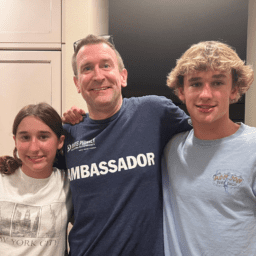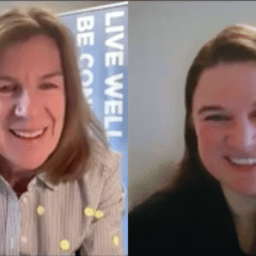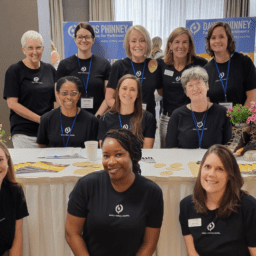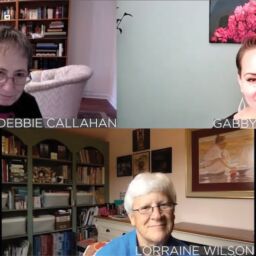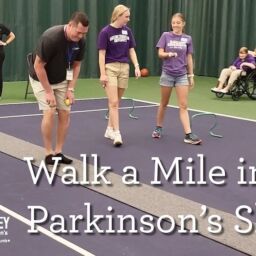We are wrapping up a series of posts discussing various approaches to advocacy by shedding some light on a topic that can sometimes feel unapproachable: Policy advocacy.
When we talk about policy advocacy, we are referring to advocacy that works to change government systems, including laws, policies, representation, spending, and more. Policy advocates typically work to communicate directly with policymakers and other policy influencers to broaden awareness and campaign for changes to address the issue they are passionate about. Policy advocacy can happen on every level, from municipal health boards and city councils to state and federal efforts.
At the highest level, policy- and law-making is complicated and influenced by various factors, including data, voter sentiment, budget, party-line politics, and much more. But to be an effective advocate does not require a complete understanding of the ins and outs. Instead, it typically requires the ability and willingness to share your story and a bit of research and networking to find the right people to tell it to. And it helps to join in on a focused effort led by knowledgeable people.
In the Parkinson’s sector, that leadership role is primarily played by the policy team at the Michael J. Fox Foundation. This team collaborates with individuals, communities, and other organizations to identify priorities, rally support, and make consistent efforts on behalf of our sector to help create change. The Michael J. Fox Foundation focuses on advocacy at the federal level. You can learn more about their public-policy priorities and ways to get involved on their website.

However, in addition to their federal level work, the Michael J. Fox Foundation also supports states working to implement Parkinson’s registries. For decades, states have been working to put into place registries to collect accurate data about who is living with Parkinson’s. This data is critical for understanding the prevalence and progression of Parkinson’s. We can use this information to broaden awareness and advocate for necessary investments in healthcare, research, and community programs.
Currently, only Nebraska, Utah, and California have state registry efforts in place, and all have faced significant barriers to successful implementation and sustained funding. States that currently have Parkinson’s Disease Registry bills for consideration include Hawaii, Ohio, South Carolina, Maryland, Colorado, Michigan, and West Virginia. If you live in these states and want to help advocate, you can contact the policy team at MJFF to get involved.
Finally, when it comes to local efforts at the district, town, or city level, you can employ the same approach of finding the right people to talk to and telling the right story. Similarly, a coordinated effort with clear priorities will help ensure that messaging and activities are aligned and make getting more people on board with your effort more manageable.

If you are interested in getting involved with advocacy at any level, below are a few tools and resources you may find helpful:
- Parkinson’s Advocacy Toolkit
- This toolkit from the Michael J. Fox Foundation includes tools, resources, and examples to help you create and share your story and get involved in advocacy today.
- Storytelling for Social Change
- A recent study showed that the way we tell stories might need to change depending on who we are talking to. If you are involved in policy advocacy, you may find this toolkit particularly useful when determining how to shape your story.
- Government 101
- This resource from MJFF provides a helpful overview of how government works along with key terms and more to help get you started.
Want to connect with others who have experience in advocacy and policy work?
Consider reaching out to one of our Ambassadors.




